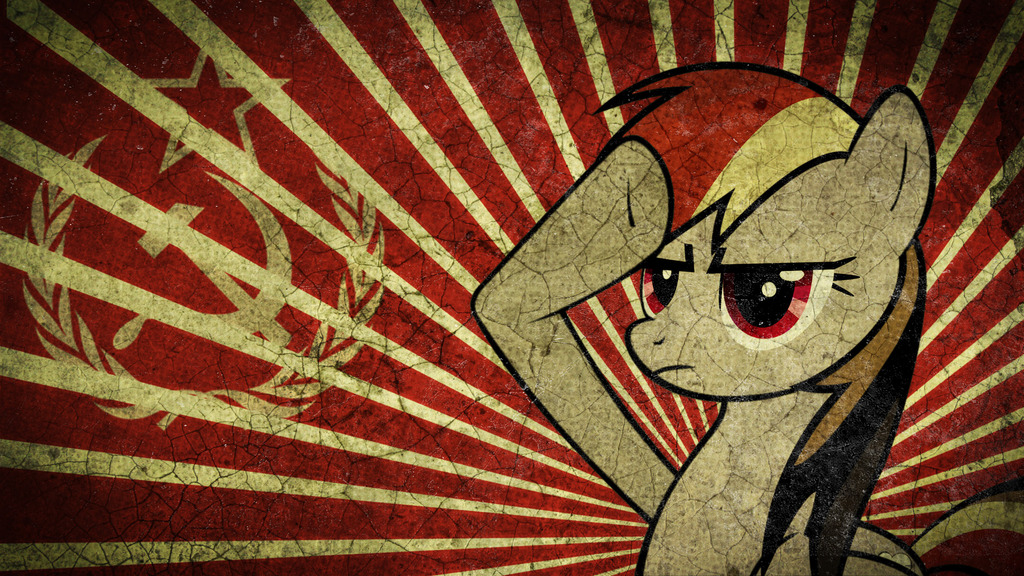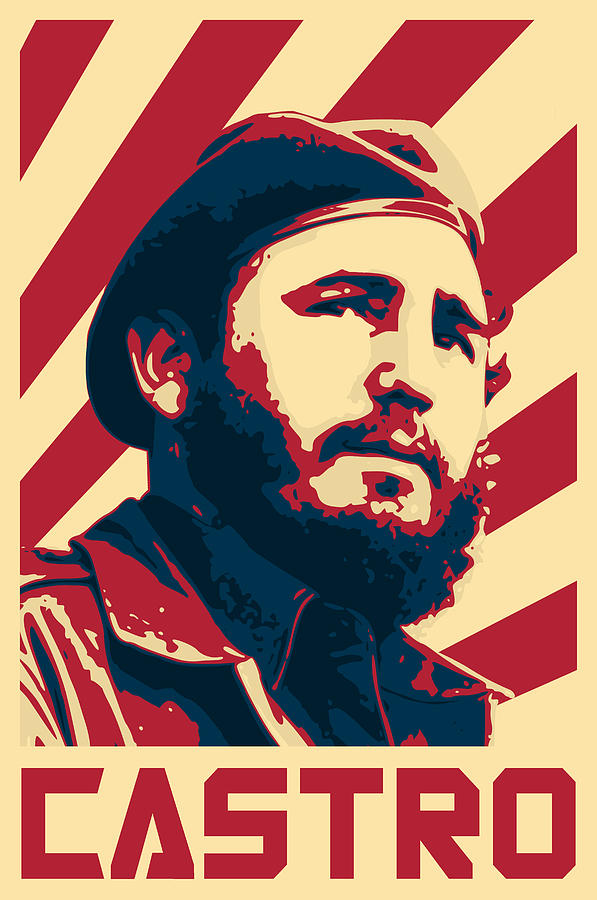Eastern European countries weren’t Soviet puppets because soviets didn’t control them. A few examples below.
Yugoslavia - great tensions with the USSR all the way until the end, including plenty of denouncements on both sides.
Albania - sided with Mao in the sino-soviet split
GDR - friendliest with the USSR, but still did whatever they wanted in the end (such as building the berlin wall which the soviets were strongly against)
The eastern bloc wasn’t unified like the western bloc because the USSR didn’t coup every country that didn’t toe the line like the USA. They even dissolved their main method of influencing foreign countries in the 50s (comintern).
the USSR didn’t coup every country that didn’t toe the line
1956 in Hungary and 1968 in Czechoslovakia?
https://twitter.com/historic_ly/status/1329509412390756355?t=3TT7BfilHocJEYTJVYpOmg&s=19
Hungary’s oppressed nobility started an anti-Semitic revolt against the Communist Party who asked for assistance from the Soviets because the country was still war torn and rebuilding.
My point exactly. The USSR didn’t coup every country that ran counter to their orthodoxy.
Those events are notable precisely because they were exceptions to the general rule of no direct interference.
Ummm. They were invaded by the Third Reich and the first ever workers’ revolutionary state in the history of humanity outdeveloped and outmaneuvered the world’s most advanced military at that time. Doing so required them to march to Berlin, and that required occupying the countries they marched through in order to stop the fascist sympathizers groups from destroying their supply lines.
Once it was clear the Soviets were on the path to victory, the US needed to create a barrier against further expansion of the revolutionary workers’ movement and protect the birthplace of imperialist racialized capitalism in Western Europe. Then, the US immediately established that the USSR was now their number 1 enemy AND that the USA was willing to nuke civilian cities to maintain their power in the world.
So, the USSR ended up in an over-extension trap - they had occupied all of this territory to win the war, but they did not have the political infrastructure to manage all of these states effectively, and if they backed out and created a power vacuum the fascists, who were appointed to officer positions in NATO, would fill that power vacuum immediately. It would take decades to develop the political infrastructure during good times, but this was reconstruction after the worst war the world have ever seen. Meanwhile the USA was executing Operation Paperclip and Operation Gladio ensuring that the Third Reich survived through the distribution of many of its officers, while also occupying Korea as part of a strategy to completely encircle the USSR.
So, were the Eastern European countries Soviet puppets? More or less, they were puppet regimes taking up power centers that would otherwise have fascists in them, either through occupation by the Third Reich or by reactionary revolution of the leave-behind fascist armies the US and NATO was building in those countries. In essence, the system-level forces at play guaranteed that Eastern Europe was going to be full of puppet states, and the only choice was which power would be in control. There was no option for autonomy.
Yesss…knowledddgge…
:sicko:
There are 2 phases in Soviet History where the answer to this is different.
The first in the Revolutionary phase, from the Spark of Revolution to the death of the Proletarian state i.e. 1917-1956. Before the creation of the USSR. The nations within the Russian Empire had no sovereignty and independence. They were internal colonies of the Russian Nation. Following the October Revolution, each nation within the Russian Empire had formed its own Communist Party and led a united struggle with the Bolsheviks against the White Forces. After the creation of the USSRs and the defeat of the White Forces only did the many nations within the USSR finally enjoy independence, including Finland which even if not a part of the USSR, was still granted independence. All peoples in the USSR enjoyed equal rights as fraternal nations on a single path of Socialism.
The second is the Social-Imperialist phase, from the Anti-Party Coup of 1956 led by Khrushchov and Zhukov till the ceremonial demise of the Soviet State of Affairs. Due to errors in the Party Political Lines since the Stalinist era, the Left Line could not properly combat the Rightist Line in the CPSU(B) and the state had mostly been bureaucratized as a result with many rightist elements taking root in the state since even the 1930s. This resulted in the eventual coup and the destruction of whatever Proletarian elements were left in the party. The Regime transformed into a Social-Imperialist one. This phase constituted many Capitalist Policies being implemented by the state resulting in the anguish of the workers. The constituent SSRs within the Union were also structurally Semi-Colonies along with Poland, Hungary, Bulgaria, Romania and Czechoslovakia. While Yugoslavia was a semi colony of the West. Albania persevered as a Proletarian state for a longer duration but still faced a similar issue as Stalin era USSR and its final nail in the coffin was put by Hoxha himself who declared the dogmatic-revisionist position of the PPSH after the death of Chairman Mao.
They were puppets, largely because of the cold war. In a similar way, Greece was a puppet to the West too.







